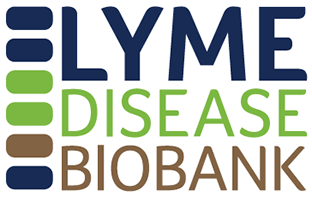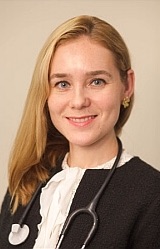FOR IMMEDIATE RELEASE
Media Contact:
Tara DiMilia, 908-947-0500, tara.dimilia@TMstrat.com
Grants are designed to inspire new research to address the challenges of Lyme disease
PORTOLA VALLEY, Calif., January 15, 2019—Bay Area Lyme Foundation, a leading sponsor of Lyme disease research in the US, is announcing a call for entries for their 2019 Emerging Leader Awards (ELA), which are designed to encourage promising scientists who embody the future of Lyme disease research leadership in the US. This year, two $100,000 grants will be awarded in May. Recipients will be researchers from academia or the private sector who are currently at the post-doctoral through the assistant professor level or equivalent, and who have demonstrated professional and scientific leadership in the biomedical sciences. They should have a defined approach that offers scientific rationale for a research project that can advance diagnostics or treatments for Lyme disease. Proof of concept for the $100,000 awards should be feasible in 12–18 months.
These awards, along with other Bay Area Lyme Foundation efforts, aim to fill a gap as the National Institutes of Health (NIH) funding for Lyme disease research is insufficient. While there are nearly 10 times as many people diagnosed each year with Lyme than HIV in the US, Lyme disease receives approximately 1% of the public funding that is allocated for HIV/AIDS.

 The national
The national  Liz Horn, PhD, MBI,
Liz Horn, PhD, MBI, Lyme disease, particularly with chronic or late-stage symptoms, can be a horribly frustrating and debilitating illness.
Lyme disease, particularly with chronic or late-stage symptoms, can be a horribly frustrating and debilitating illness.  Lyme disease is a nationally notifiable disease, recognized and tracked by the federal government
Lyme disease is a nationally notifiable disease, recognized and tracked by the federal government  This week, we feature a guest post from
This week, we feature a guest post from